THE MENTAL MATCHUP®
Overview | Podcast Episodes | Stories | Submissions | Submission Guidelines | Our Team | FAQs
The Mental Matchup® Stories
Please note, these stories are written by our authors and are based on their experiences. All photos used have been sent to us with permission to use by the authors. We take every step to ensure anonymity under certain circumstances to protect institutions, teammates, coaches, etc.

This is Not the End of Your Story
My name is Lauren Hickman and I am a 22-year-old, former Division I collegiate lacrosse player at UC Berkeley. I completed my senior year of college from my family home just north of Dallas, Texas after the pandemic hit last spring and I graduated from Cal in May 2020, debatably one of the weirdest years to graduate from college. While COVID threw a wrench in many of my senior year plans, the disruption of my final semester at Cal was just one of the many twists and turns my life has taken during my four years in college. With the amount of challenges and unexpected detours that occurred in my life throughout my time at Cal, it seemed fitting that my college career would come to a close in such an unconventional, complicated way. My journey to graduation was by no means an easy feat. I struggled everyday with my mental illness, battling against my own brain for four years. Of course, while many days were filled with happiness and laughter, they were also riddled with countless tears, inexplicable pain, and, at some points, fights for my own life.
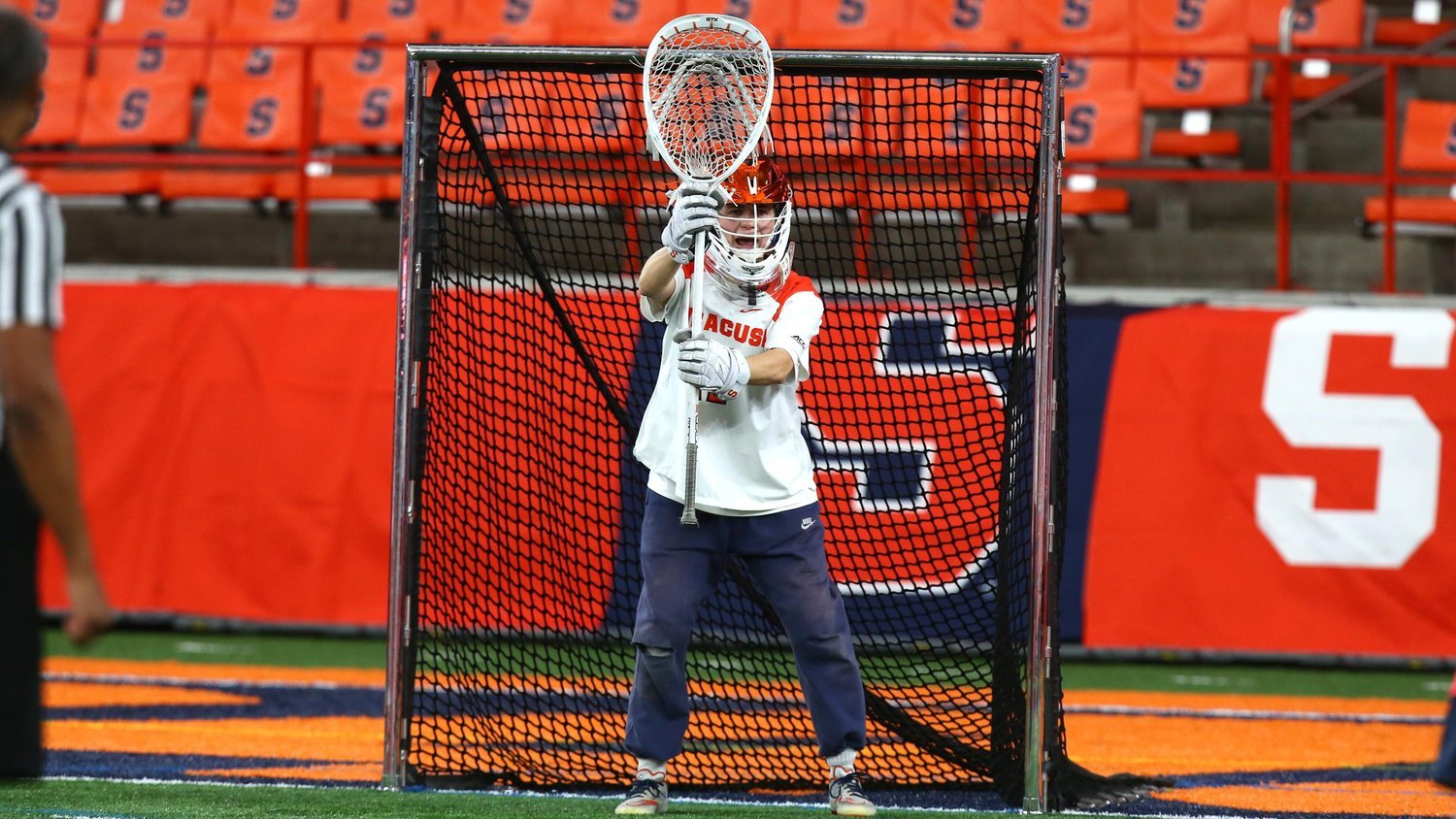
Falling Out of Love to Fall Back In
In recent events and the passing of so many beautiful souls, I could not help but feel sick. Sick because of the lack of change in our sports, sick of how people keep ignoring the problems surrounding student-athlete mental health, and sick that I have likely had similar thoughts and struggles as those who are no longer with us. From 2019 to 2022, I have gone through life changes on and off the lacrosse field. I have felt pain, heartbreak, and hopelessness. But I have also felt love, care, compassion, and the rarest attribute of athletics that some collegiate athletes don’t get to experience anymore: fun. In trying to share my story and put my thoughts and experiences into written words, I struggled to find the language.
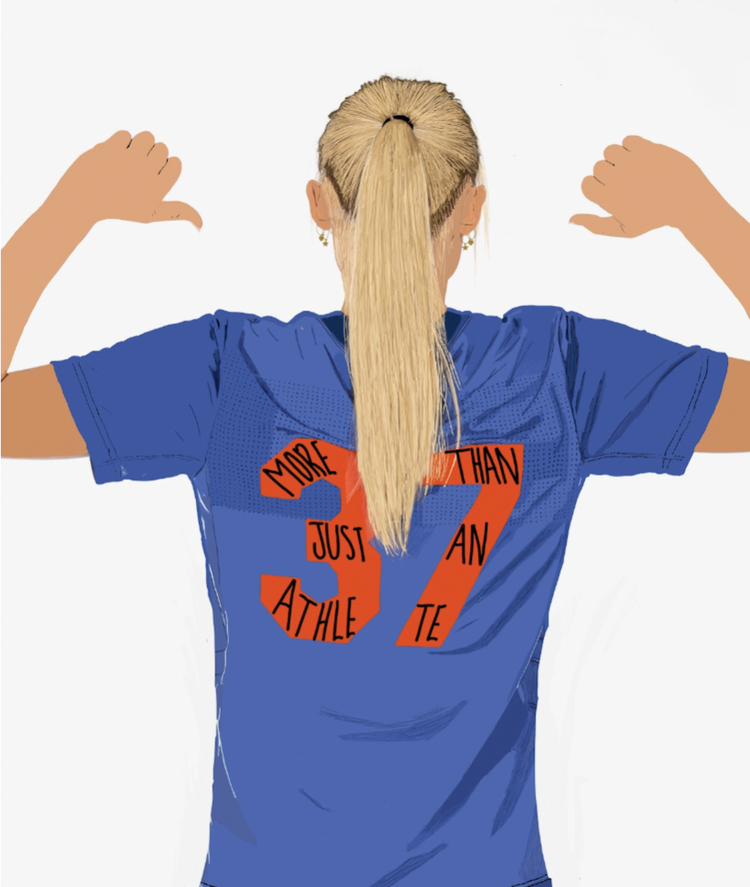
More Than a Number
Over my 18 years of playing lacrosse, I had to overcome 6 knee surgeries and 3 hand surgeries. It was my resilience, strength, and determination that always kept me going back. Lacrosse had become a significant part of my identity and made people proud of me. In February, I hurt my knee again. With barely any cartilage and a weak meniscus; the trainers, coaches, and I discussed and decided it was best to medically disqualify and plan for a knee realignment surgery within the next year. Knowing something that was a part of my life every day for the last 18 years was all of a sudden ripped away from me, greatly affected my physical and mental health.
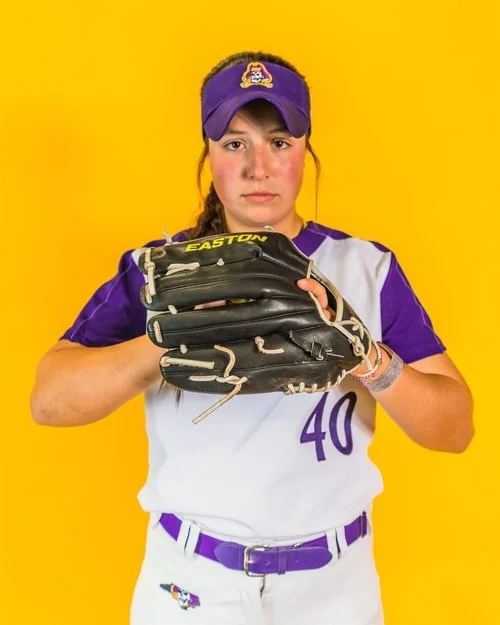
A Long Ride
My first three months at East Carolina University were amazing. New campus, new friends, a whole new environment, playing the game I love; every bit of it was nothing short of a young athlete’s dream. It was Thursday, October 31st, when I headed to my teammate’s house on my bike, in the dark, with no helmet. I had ridden to their house several times before, at all hours of the day, as it was not even a mile down the road. I leave the dorms and start flying down the hill towards their house, the intersection light is green, and the timing is perfect. As I'm approaching the intersection, the light turns yellow, and I immediately go into fight of flight mode: either I’m slamming on the brakes and hoping I have enough time to stop before I get to the road, or I’m speeding up and trying to cross the street. Adrenaline was rushing, so I decided to cross the intersection, there was no time for waiting.
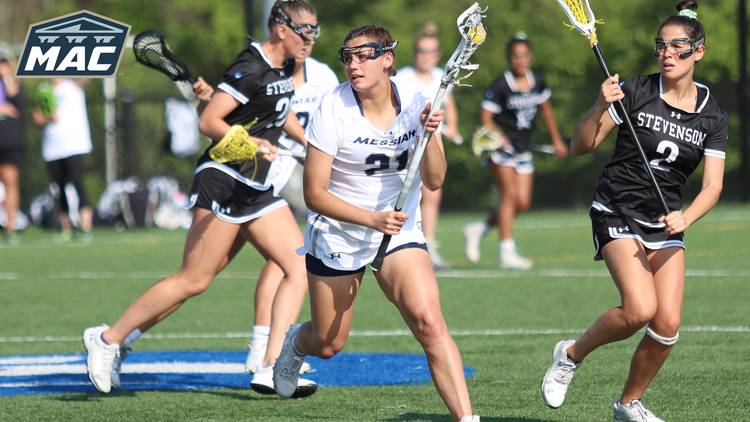
Use a Safety Net
I have never been more terrorized by my mental health than in my junior year of college. I have never felt so alone, so depressed, so anxious and so awful in my entire life. I don’t know if I have the words to articulate how hopeless and tragic it was. It felt like I was drowning and screaming for help, but every time I would try to get to the surface I was pushed down and my lungs filled with water. My depression is high functioning. My class schedule and GPA wouldn’t have told you that I was struggling. My stats and game log wouldn’t tell you that I had to drag myself out of my bed that morning. The truth is there was very little that would tell you that I was struggling. That my depression was suffocating me. That it was killing me.
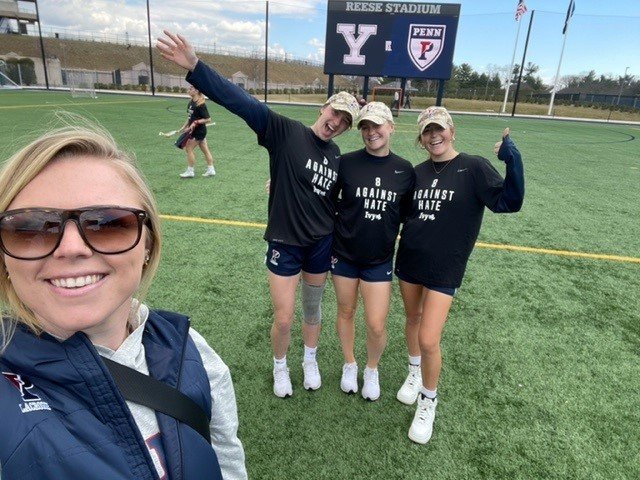
On the Brink of Change
I was standing in the common area of my locker room at Hofstra in 2015 when I said, “I am not a heady athlete.” First, I can tell you now that I have fully accepted who I am and almost all my lived experiences and y’all I was 100% a heady athlete - I was a heady human! Second, you might be wondering why I remember the specifics of that moment. A few hypotheses have been formulated; I was verbally trying to convince myself everything I told myself up to that point was false, or I am the next Truman and life knew I would end up getting into sports psychology, which would lead my career into mental health work. Regardless of the reason, “not being a heady athlete” was the pitfall of my college career. I should have been a heady athlete, I should have asked for help, I should have learned how to emotionally regulate, and I should have recognized that not facing my demons off the field would translate to my not facing my demons on the field. All these things would have been amazing right, but a few things got in the way. “Shoulds” are a form of irrational thoughts and when you are in the trenches, it is extremely hard to see the whole picture.
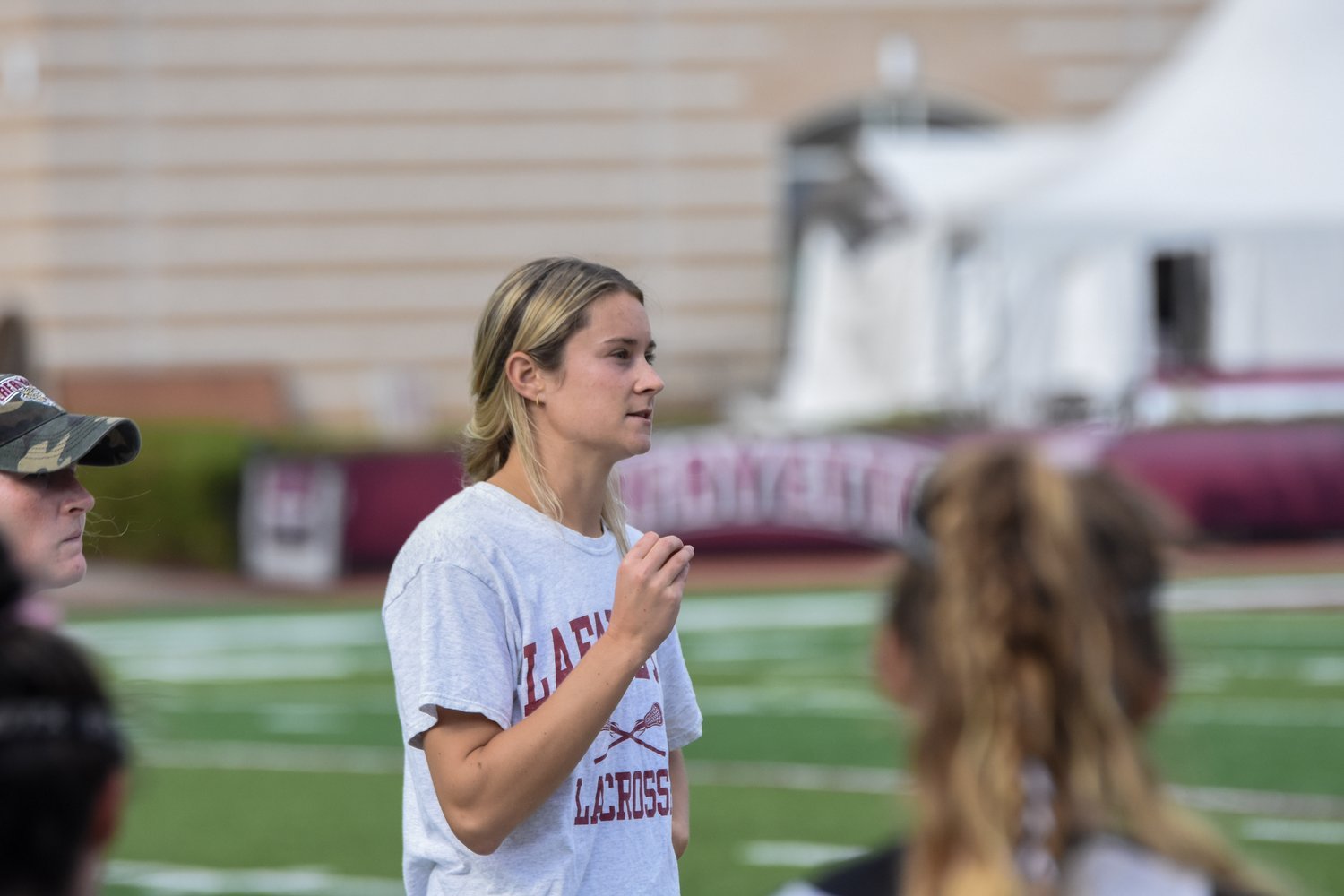
A Coach’s Perception
When I started my college coaching career six years ago, I went into it ready to work by one quote. A quote I heard my college strength and conditioning coach use once that really resonated with me, “No one cares how much you know, unless they know how much you care.” I wanted every player I coached to feel like I cared about who they were as a person. If they were struggling in school, I’d be helping them with their resources. And if they were struggling on the field, being clear and direct with where I felt they were at, what they did well, and what they needed to work on. I feel extremely lucky in my first coaching job to have been hired by a head coach that had the exact same outlook. Someone who valued the student athlete as a whole.
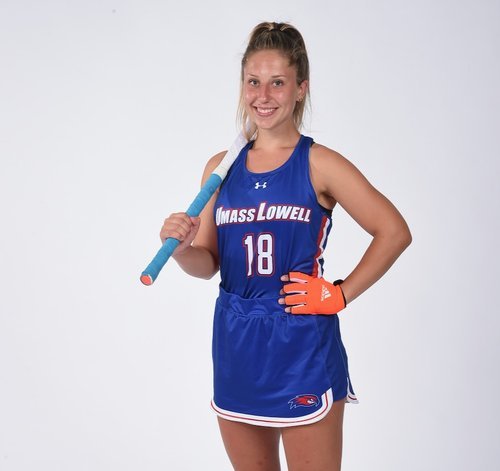
A Letter to the NCAA
How many lives does it take? How many of your student-athletes have to take their own life before you make a difference in the culture surrounding mental health in collegiate athletics? This month alone we have lost four collegiate athletes from suicide. As NCAA student-athletes, we have been doing our part to combat the stigma surrounding mental health in athletics through organizations like Morgan’s Message, the Hidden Opponent, and various other mental health initiatives at our respective institutions. However, we can see that despite our work across the country, mental illness remains a pressing issue in collegiate athletics.
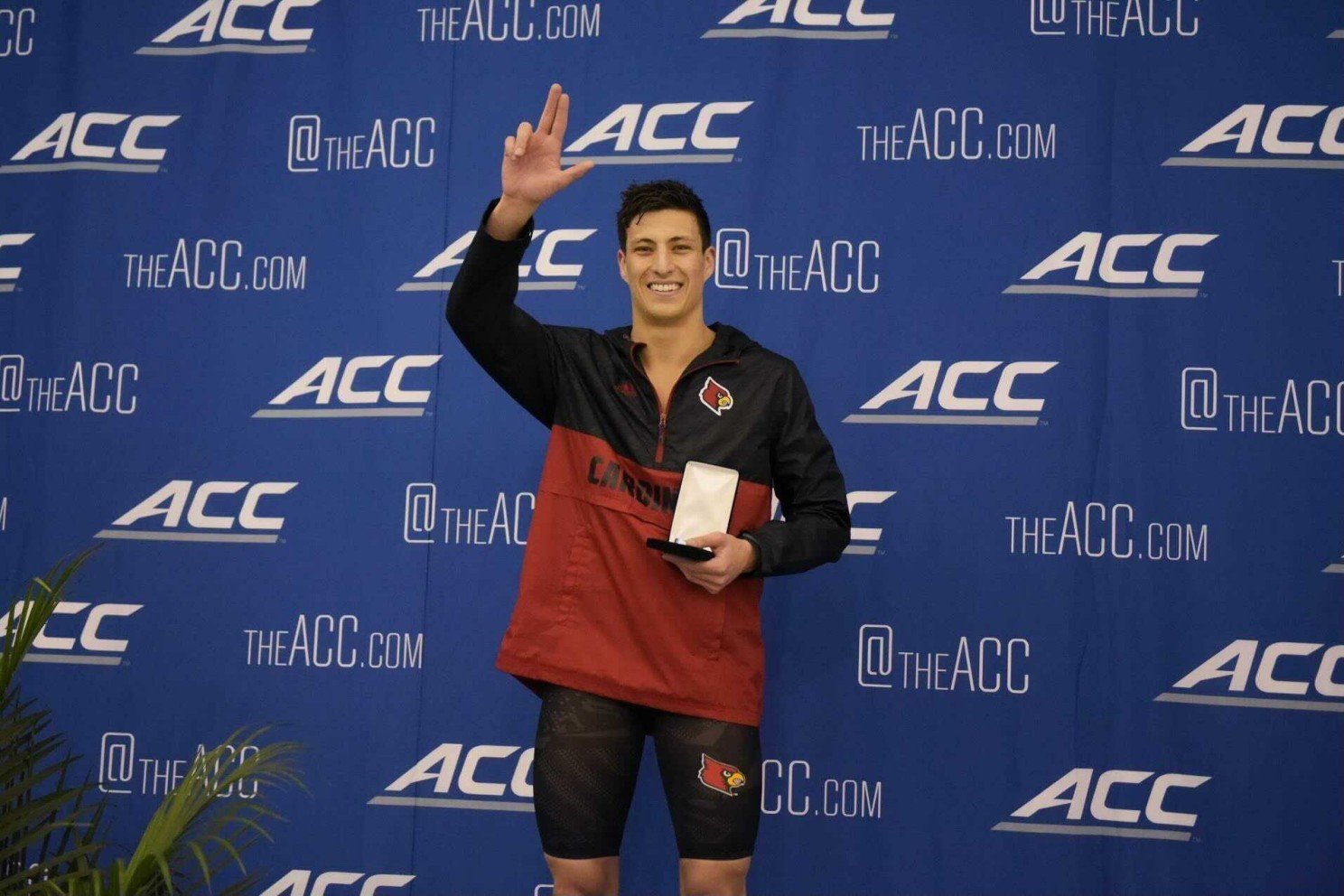
Tending to My Well-Being as a Student-Athlete
As a former Division 1 student-athlete at the University of Louisville, my well-being and sense of belongingness were explicitly tied to my success in the pool. I was a proud All-American swimmer for our nationally ranked program, which provided my fondest memories, and is the root of my appreciation for what a group of driven and like-minded teammates can accomplish together. While I always rose to the occasion when the pressure was on, there also loomed a dark cloud of self-doubt that my successes were still not enough. Put simply: I needed help. The athletic department did a good job of setting up student-athletes with the resources they need to be successful in athletics, however, I still felt a disconnect from achieving any sort of balance as an individual out of the pool.
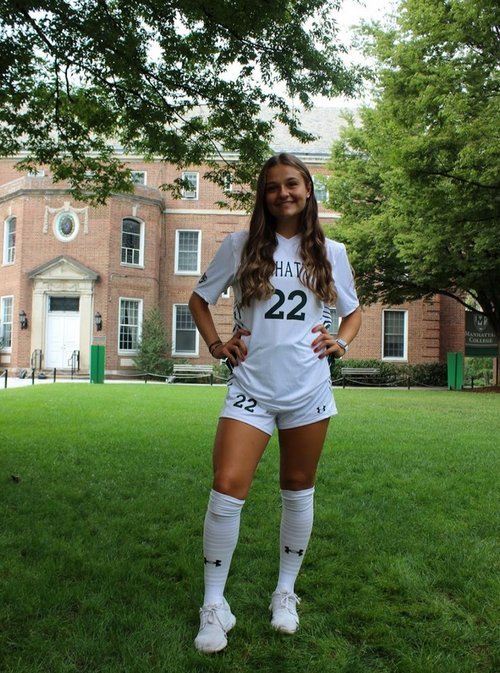
Regaining Life
As an athlete for as long as I can remember, I have learned to be resilient. I have learned to never settle, there is always more to do and you can always be getting better. I also learned that when I want something, I don’t stop until I get it. These traits have been my biggest attributes to teams I've been on and have refined my personal development. As great as these qualities are in athletes, they also are our hardest opponents that we battle each and every day. I don't exactly remember the season, day, or moment that my sport became a little less fun and a lot more like a job. I began to beat myself down when things weren’t “perfect” and had trouble celebrating little victories.
